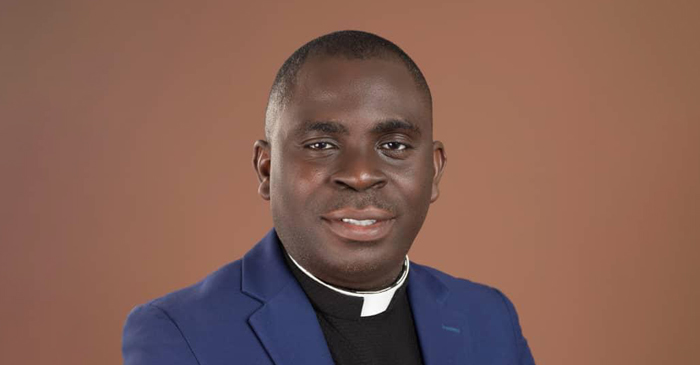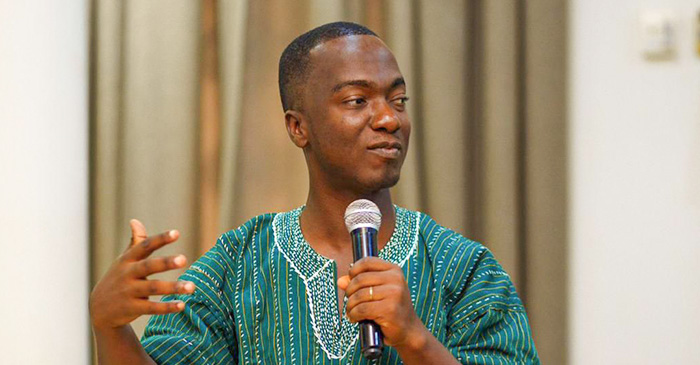
Sin can be described as a violation of God’s law in thought, word, or deed. The Bible explicitly mentions different kinds of sin. However, the first sin recorded in Scripture is the sin of disobedience by the first man, Adam. In Christian theology, this sin is known as the original sin because it was the first transgression, and all other sins can be considered offshoots of this initial act of rebellion.
Essentially, the effect of the original sin necessitated the need for a Saviour, as it introduced the sin nature, suffering, and eternal damnation to the human race. Graciously, Jesus was manifested in the fullness of time to address both the root and the effects of original sin.
Scripture provides ample evidence that no other sacrifice could fully satisfy God’s justice except Jesus. Comparing the Law and Old Testament sacrifices with Jesus’ perfect, substitutionary atonement, the writer of Hebrews emphasizes that the blood of animals, offered year after year, could not deal with the problem of sin. The annual sacrifices fell short of appeasing God’s wrath and fulfilling His ultimate plan to deal with sin once and for all (Romans 3:25-26).
Nevertheless, God allowed these sacrifices to continue until the appointed time for a good reason. Primarily, through the Law and the system of sacrifices, God highlighted the effect of sin, the need for redemption, and foreshadowed Jesus as the perfect Lamb of God who would take away the sins of humanity. In God’s perfect plan, the Law and sacrifices prepared humankind for the new covenant, which would later be established through Christ.
In the fullness of time, God “prepared a body” for His Son and “gave Him” to the world as the perfect atonement for sin. This is known as the incarnation of Christ—the Son of God taking on human form and becoming a man.
“Therefore, when Christ came into the world, he said: ‘Sacrifice and offering you did not desire, but a body you prepared for me; with burnt offerings and sin offerings you were not pleased.’” (Hebrews 10:5-6)
When John the Baptist, the forerunner of Christ, saw Jesus, he declared:
“Look! The Lamb of God, who takes away the sin of the world!” (John 1:29)
Surely, Jesus was the Lamb whose sacrifice brought an end to the repeated offerings of ‘lambs’, which could never truly deal with the problem of sin. What the Law and sacrifices foreshadowed had now been fulfilled in Christ for the redemption of mankind. Hallelujah!
By becoming the propitiation for sin, Jesus set aside the old order, paid the ransom for sin once and for all, and purchased eternal redemption for all of humanity.
“He entered the Most Holy Place once for all by his own blood, thus obtaining eternal redemption.” (Hebrews 9:12)
According to Hebrews 9:12, “He did not enter by means of the blood of goats and calves; but he entered the Most Holy Place once for all by his own blood, thus obtaining eternal redemption.” The implication of this sacrifice is that “we have been made holy through the sacrifice of the body of Jesus Christ once for all” (Hebrews 10:10). Therefore, we stand guiltless before God—justified and righteous, without condemnation or shame.
In a nutshell, through His death, Jesus achieved the following for humankind:
- Set aside the old order
“By calling this covenant ‘new,’ he has made the first one obsolete; and what is obsolete and outdated will soon disappear.” – Hebrews 8:13
“Then he said, ‘Here I am, I have come to do your will.’ He sets aside the first to establish the second.” – Hebrews 10:9
- Paid the ransom for the sins of mankind once and for all
“For there is one God and one mediator between God and mankind, the man Christ Jesus, who gave himself as a ransom for all people. This has now been witnessed to at the proper time.” – 1 Timothy 2:5-6
- Purchased eternal redemption for all of mankind
“He did not enter by means of the blood of goats and calves; but he entered the Most Holy Place once for all by his own blood, thus obtaining eternal redemption.” – Hebrews 9:12
CONCLUSION
Having received a new identity, the believer has the responsibility to live a holy life worthy of that identity. This is crucial because the reality of a life-changing encounter with the living Christ is made manifest to the world when we renounce sin, depart from our old ways, and live holy lives.
Highlighting this responsibility in Romans 8:12, the Apostle Paul emphasized that “we are debtors—not to the flesh.” This means the believer’s obligation and debt of gratitude is to willingly offer themselves as slaves to righteousness, thereby justifying the sacrifice made for them by Christ. By doing this, we translate our positional state (righteousness) into an operational reality (holiness).
Written by Pastor Joseph Owusu-Boateng (PENSA Travelling Secretary – Sunyani Sector)














